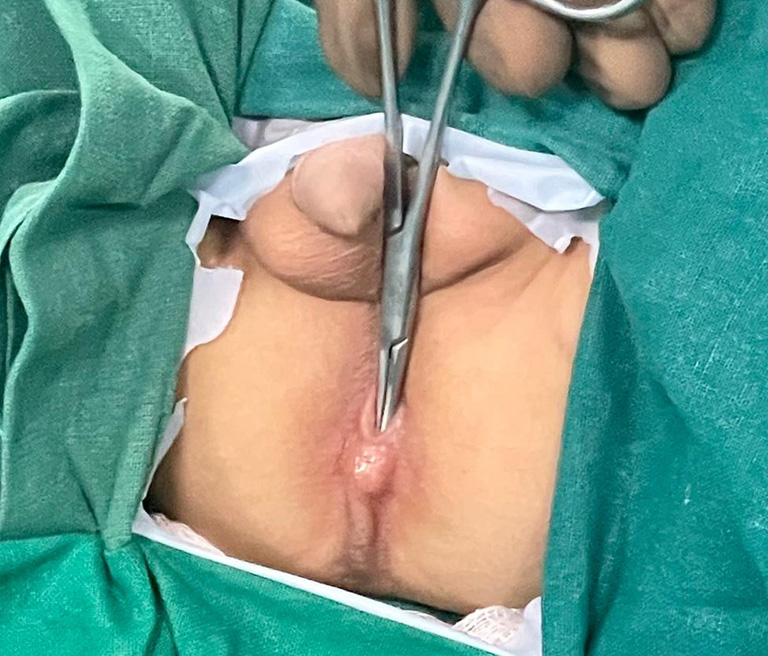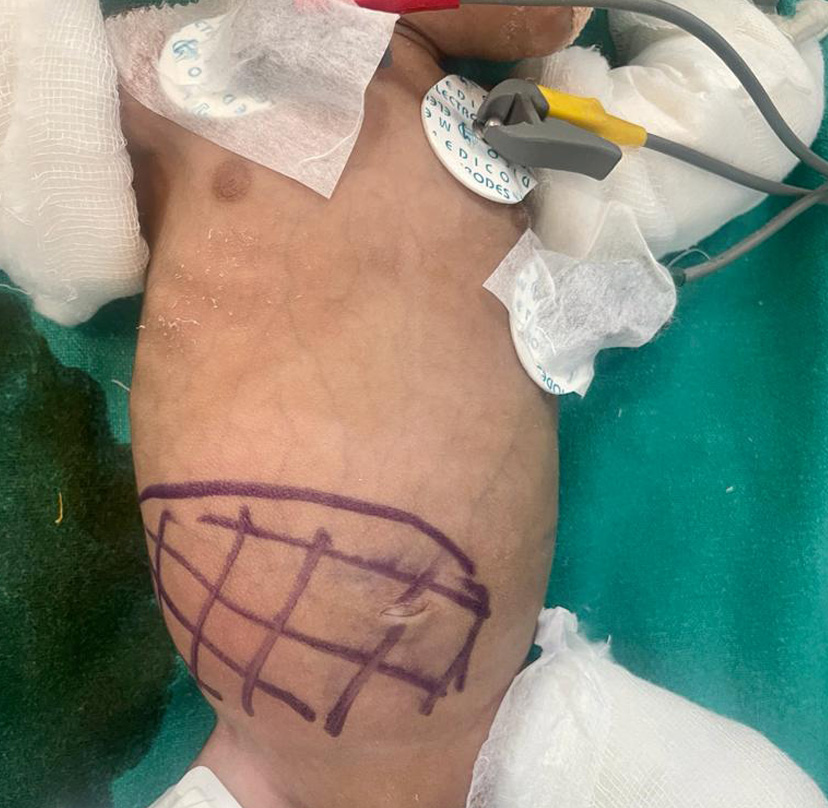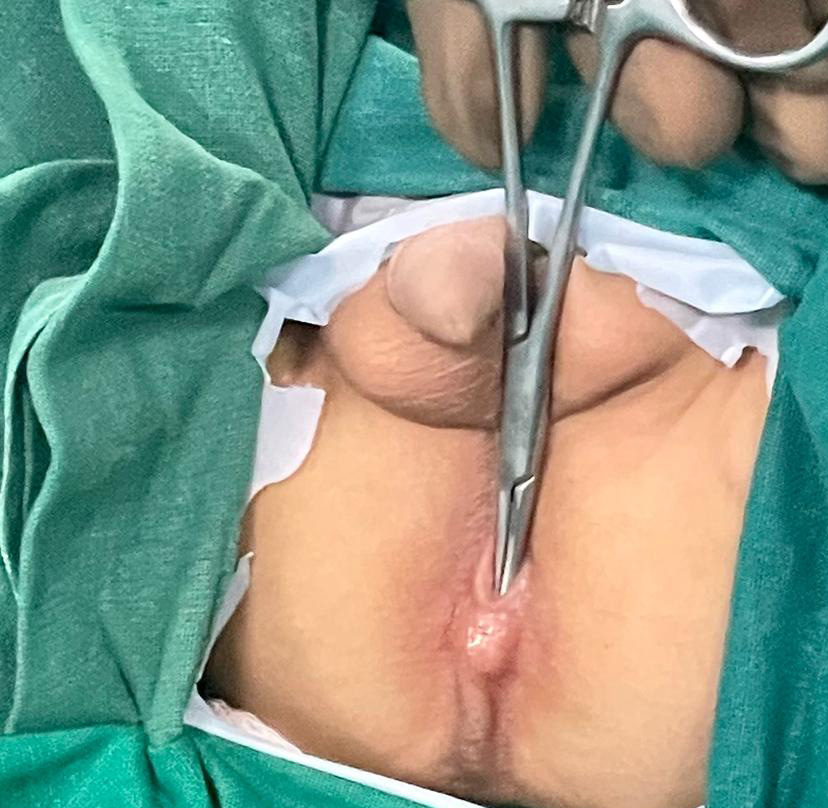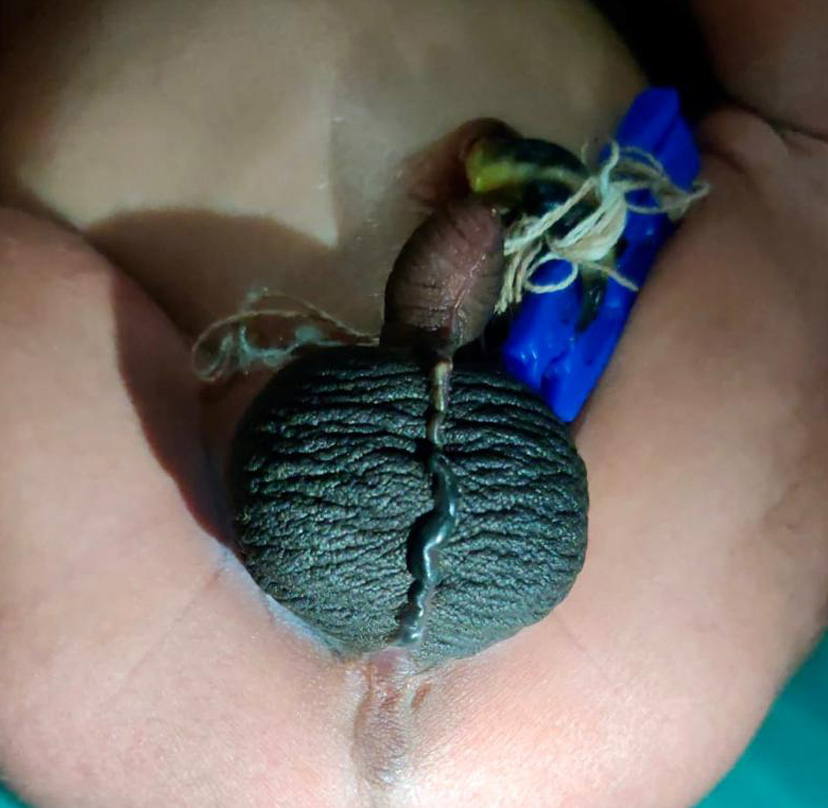Imperforate Anus
A birth abnormality known as an imperforate anus can develop while your unborn child is still developing in the womb. This problem prevents your baby from passing stool normally from their rectum out of their body because they have an inadequately developed anus.
The Children's Hospital estimates that one out of every 5,000 infants has an imperforate anus or another anus- or rectum-related abnormality. Boys are more likely than females to experience it. Sometimes in a female infant with an imperforate anus, the rectum, bladder, and vagina share a single big orifice. The term "cloaca" refers to this opening.
The fifth to seventh weeks of pregnancy are when the condition begins to develop in the womb. There is no known cause. Babies with this syndrome frequently also have additional rectum abnormalities.




